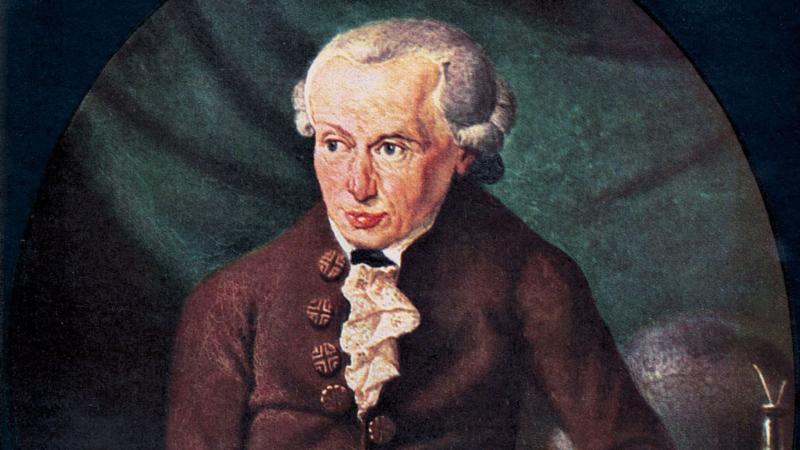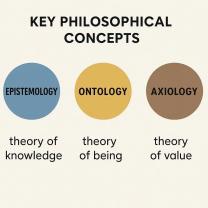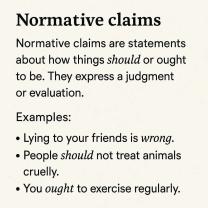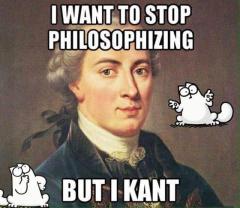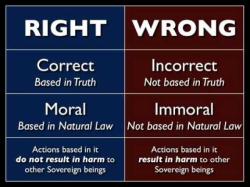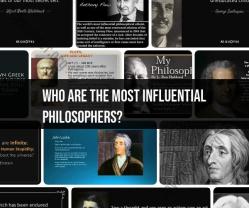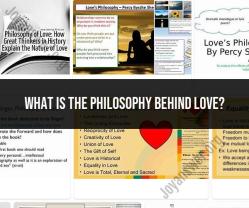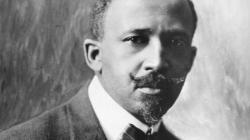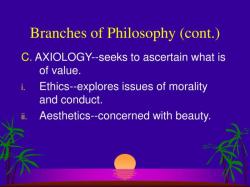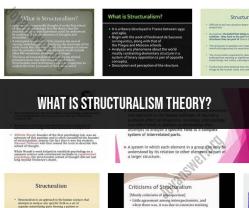Is Kant better than the Koran?
Comparing Kantian philosophy, which originates from Immanuel Kant's ethical and philosophical principles, with the Quran, the central religious text of Islam, involves contrasting two vastly different realms: philosophy and religious scripture.
Kantian Philosophy:
- Ethical Framework: Kant's philosophy revolves around principles like the categorical imperative, emphasizing rationality, moral duty, and universal principles in ethical decision-making.
- Human Reason: Kant focused on the autonomy of human reason, moral agency, and the importance of rationality in ethical judgments.
- Secular Philosophy: Kantian ethics is a secular philosophical framework, aiming to establish principles of morality and ethics through reason rather than religious doctrine.
The Quran (Islamic Perspective):
- Religious Scripture: The Quran is the central religious text of Islam, believed by Muslims to be the literal word of God as revealed to Prophet Muhammad.
- Guidance and Revelation: The Quran provides guidance on faith, morality, law, and spirituality for Muslims. It emphasizes submission to God's will, compassion, justice, and ethical conduct.
- Divine Authority: The Quran is considered sacred and the ultimate authority in matters of faith and morality for Muslims, reflecting divine guidance.
Comparing "Better":
Comparing Kantian philosophy and the Quran in terms of being "better" might be subjective and context-dependent. They serve distinct purposes and audiences:
- Purpose and Context: Kantian philosophy offers a secular, philosophical framework for ethical reasoning, focusing on human rationality. The Quran serves as a religious and spiritual guide for Muslims, addressing broader aspects of faith and life.
- Subjectivity: Preferences, beliefs, and perspectives shape individual opinions on what constitutes "better." For someone seeking philosophical ethical guidance, Kantian principles might resonate, while devout Muslims would likely prioritize the Quran's teachings.
Conclusion:
Comparing Kant's philosophy and the Quran isn't about determining one's superiority over the other. They operate in different spheres—philosophy versus religious scripture—serving distinct purposes and audiences. Kantian philosophy offers a secular, rational approach to ethics, while the Quran provides religious guidance and principles for Muslims. The "better" choice depends on the context, beliefs, and requirements of the individual seeking guidance or ethical framework.
Immanuel Kant's philosophy and the teachings of the Koran, while coming from different cultural and historical contexts, share some common themes and principles, but also exhibit significant differences in their approaches to morality, religion, and knowledge.
Shared Themes and Principles:
Moral Universalism: Both Kant and the Koran emphasize the importance of universal moral principles that apply to all people, regardless of their background or beliefs. Kant's categorical imperative, which states that one should act only on maxims that could be universally followed, echoes the Koran's emphasis on justice, fairness, and compassion as universal values.
The Role of Reason and Revelation: Both Kant and the Koran recognize the importance of reason in understanding the world and making moral judgments. Kant believed that reason could be used to determine universal moral principles, while the Koran emphasizes the role of revelation in guiding human behavior.
The Importance of Self-Discipline and Moral Effort: Both Kant and the Koran place a strong emphasis on the importance of self-discipline and moral effort in living a virtuous life. Kant's concept of duty and the Koran's emphasis on following divine guidance both encourage individuals to strive for moral excellence.
Differences and Contrasts:
Nature of Morality: Kant's philosophy of morality is based on a deontological framework, where actions are judged based on their adherence to universal moral principles, regardless of their consequences. The Koran, while also emphasizing moral principles, incorporates a more consequentialist approach, taking into account the outcomes of actions and their impact on others.
Role of Religion: Kant's philosophy is rooted in a rationalist approach that emphasizes the use of reason to determine moral principles and understand the world. The Koran, as a religious text, provides divine revelation and guidance on matters of morality, faith, and personal conduct.
Concept of God: Kant's philosophy does not explicitly define or explore the nature of God, focusing instead on human morality and reason. The Koran, as a central text of Islam, is deeply rooted in the concept of a singular, all-powerful God, and it provides guidance on worship, belief, and the relationship between humans and the divine.
In conclusion, while Kant's philosophy and the teachings of the Koran share common themes of universal morality, reason, and self-discipline, they also exhibit significant differences in their approaches to morality, religion, and knowledge. Kant's deontological framework contrasts with the Koran's incorporation of consequentialist considerations, and Kant's emphasis on reason contrasts with the Koran's reliance on divine revelation. These differences reflect the distinct cultural and historical contexts from which each emerged.
